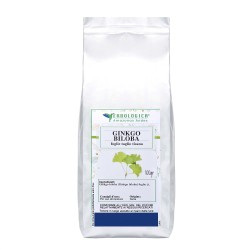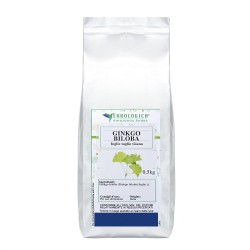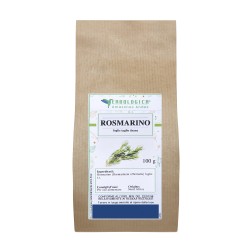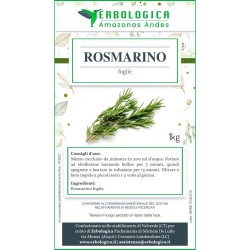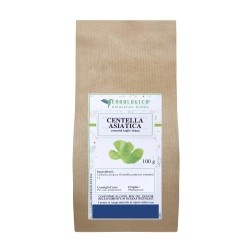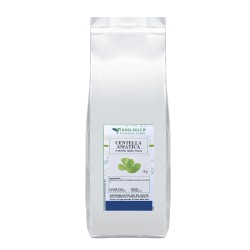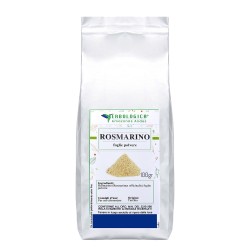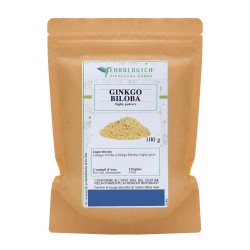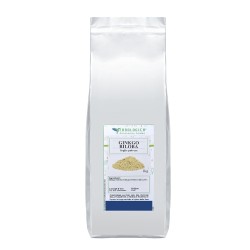
Ginkgo biloba per memoria e concentrazione
Un rimedio naturale per sostenere le funzioni cognitive ogni giorno
La memoria e la concentrazione sono messe alla prova ogni giorno da stress, studio intenso e ritmi mentali elevati.
Affiancare uno stile di vita equilibrato a piante tradizionalmente utilizzate per il benessere mentale può rappresentare una scelta naturale e consapevole.
Il ginkgo biloba è una delle piante più apprezzate quando si parla di funzioni cognitive.
Ginkgo biloba e sostegno alla memoria e alla concentrazione
Il ginkgo biloba è utilizzato da secoli per sostenere memoria, attenzione e lucidità mentale.
È spesso scelto nei periodi di affaticamento cognitivo, quando la mente appare meno reattiva o sotto pressione.
La sua tradizione d’uso è legata al supporto delle normali funzioni cognitive e alla circolazione cerebrale, rendendolo adatto a studenti, lavoratori e adulti di ogni età.
Per questo utilizzo sono disponibili Ginkgo biloba estratto capsule e Ginkgo biloba tisana, entrambi nei formati 100 g, 500 g e 1 kg, ideali per un’integrazione quotidiana pratica o per un rituale naturale più rilassante.
Per informarti meglio con questi articoli di approfondimento da fonti sanitarie affidabili, puoi consultare anche un contenuto divulgativo pubblicato da Santagostino Magazine, che analizza il Ginkgo biloba e il suo utilizzo tradizionale a supporto della memoria e delle funzioni cognitive.
Ginkgo biloba in polvere per un uso flessibile e personalizzato
Il ginkgo biloba in polvere è apprezzato da chi desidera un approccio più flessibile.
Può essere aggiunto a bevande, frullati, tisane o alimenti, adattando facilmente l’assunzione alle proprie abitudini.
Questa forma è ideale per chi preferisce dosaggi personalizzati e un’integrazione naturale modulabile nel tempo.
Per questo utilizzo è disponibile Ginkgo biloba in polvere, nei formati 100 g, 500 g e 1 kg, perfetto per un uso quotidiano versatile.
Rosmarino per lucidità mentale e stanchezza cognitiva
Il rosmarino è tradizionalmente utilizzato per favorire la lucidità mentale e contrastare la stanchezza legata a impegni mentali prolungati.
È spesso inserito nelle routine quotidiane di chi studia o lavora molte ore concentrato, grazie al suo utilizzo tradizionale come supporto alla chiarezza mentale.
Può essere assunto in diverse forme, adattandosi alle preferenze personali.
Per questo tema sono disponibili Rosmarino foglie taglio tisana, Rosmarino in polvere e Rosmarino tintura madre, tutti nei formati 100 g, 500 g e 1 kg, per scegliere la modalità più adatta alle proprie esigenze.
Centella asiatica e supporto al microcircolo cerebrale
La centella asiatica è apprezzata per il suo utilizzo tradizionale a supporto del microcircolo e dell’ossigenazione dei tessuti, aspetti importanti anche per il benessere mentale.
Viene spesso affiancata al ginkgo biloba nei periodi di maggiore affaticamento cognitivo o quando si desidera un sostegno più completo e continuativo.
Per questo utilizzo sono disponibili Centella asiatica tisana e Centella asiatica estratto in compresse, nei formati 100 g, 500 g e 1 kg, ideali per integrare naturalmente la routine quotidiana.
Domande frequenti
Il ginkgo biloba può essere utilizzato ogni giorno?
Sì, è comunemente utilizzato con continuità all’interno di una routine quotidiana.
È possibile combinare ginkgo biloba e rosmarino?
Sì, sono spesso utilizzati insieme per sostenere memoria e lucidità mentale.
Meglio assumere ginkgo in tisana, polvere o capsule?
Dipende dalle preferenze personali e dal tipo di utilizzo desiderato.
La centella asiatica può essere associata al ginkgo biloba?
Sì, viene spesso affiancata per un supporto più completo al benessere mentale.
Contenuto esclusivo per erbologica.it – aggiornato dicembre 2025


